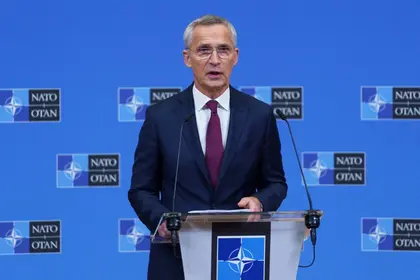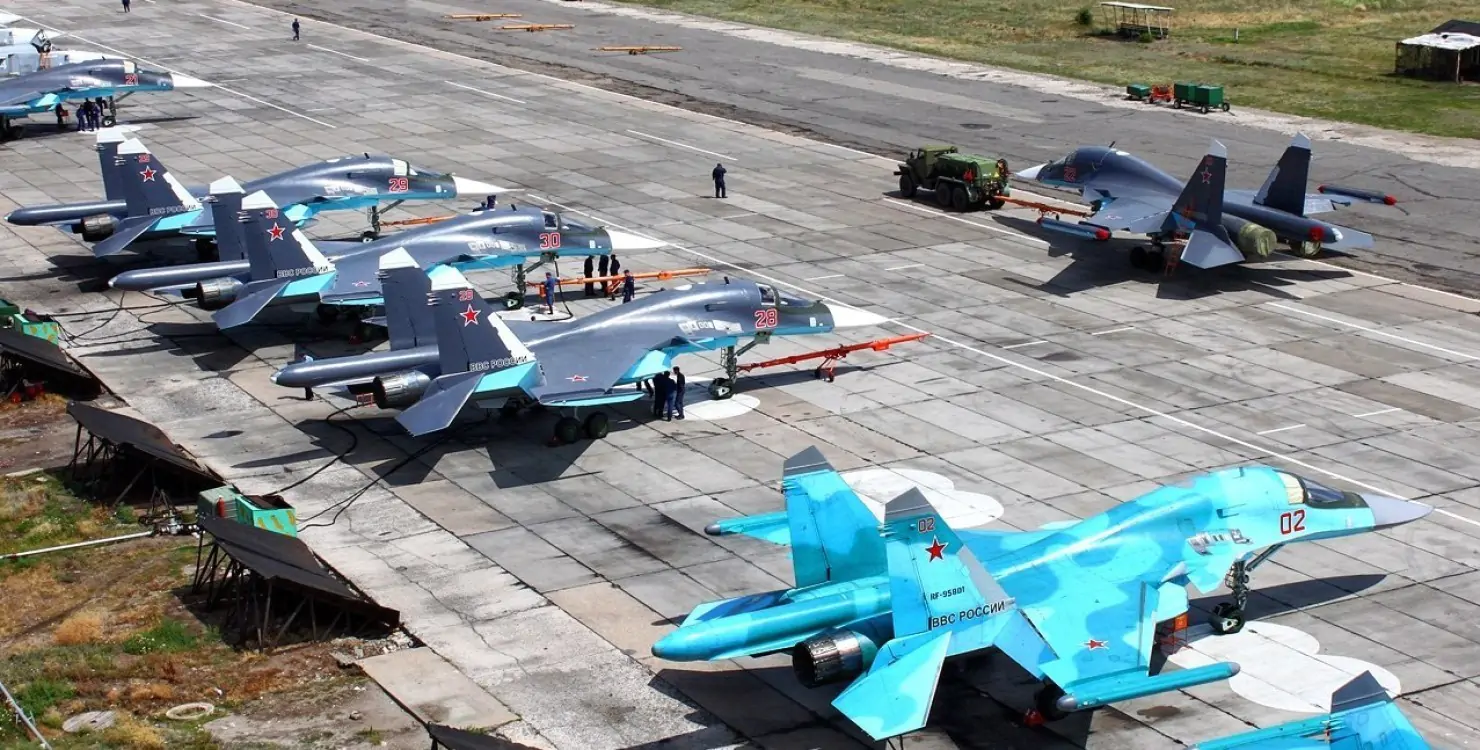Following recent Russian mass attacks across Ukraine, NATO Secretary General Jens Stoltenberg convened a special session of the NATO-Ukraine Council with allies agreeing to provide “billions of euros” to bolster the country’s air defenses.
Stoltenberg chaired the meeting of NATO ambassadors to discuss the strengthening of Ukraine's air defense systems and their associated munitions in Brussels on Jan. 10 at Kyiv’s request.
JOIN US ON TELEGRAM
Follow our coverage of the war on the @Kyivpost_official.
Lt. Gen. Mykola Oleshchuk, the Commander of the Ukrainian Air Force, and Deputy Interior Minister Oleksii Serhieiev attended and presented Ukraine’s position via videoconference.
Invitee Sweden also joined Wednesday’s meeting at the ambassadorial level.
What was agreed on at the meeting
“NATO strongly condemns Russian missile and drone attacks on Ukrainian civilians, including with weapons from North Korea and Iran,” Stoltenberg said. “For the second year in a row, Putin is trying to wear down Ukraine with mass strikes, but he will not succeed.
“Russia’s campaign of cruelty only strengthens Ukraine’s resolve. As Moscow intensifies its strikes on Ukrainian cities and civilians, NATO Allies are boosting Ukraine’s air defenses.
“We will continue to stand by the brave Ukrainians as they push back against Russia’s war of aggression,” said Stoltenberg.
The members of the Alliance noted that they have already delivered a vast array of air defense systems to Ukraine and they reaffirmed their commitment to further bolster Ukraine’s defenses.

Ukraine’s Intel Disrupts Lukoil: Cyberattack Sparks Payment Failures and Holiday Chaos in Russia
“Allies made clear that they will continue to provide Ukraine with major military, economic, and humanitarian assistance, and many Allies outlined plans to provide billions of euros of further capabilities in 2024,” reported the NATO website following the meeting.
The recent decision of several NATO states to jointly purchase up to 1,000 Patriot missiles to replenish their stockpiles was explained by the fact that at the same time, “they continue to bolster Ukraine’s air defenses.”
Germany recently delivered Patriot and Skynex air defense systems and additional missiles for IRIS-T air defenses to Ukraine and the UK is sending around 200 surface-to-air missiles to Ukraine.
What was expected by the Ukrainian side
Minister of Foreign Affairs Dmytro Kuleba was hoping that the extraordinary NATO-Ukraine Council would be followed by “prompt commitments” of the Allies to strengthen Ukraine’s air defense to “fend off waves of devastating Russian air attacks.”
“First and foremost, we expect the meeting to expedite critical decisions on further strengthening Ukraine’s air defense capabilities. Both in terms of modern systems and their ammunition,” Kuleba told POLITICO.
“We are deeply grateful to all of our partners who continue to provide Ukraine with the means to defend its sky.”
According to Kuleba, the recent Russian air attacks were aimed at depleting Ukraine’s defense resources, so Kuleba called on the allies to “provide Ukraine with the means to defend its sky.”
“Ensuring regular supplies of missiles for Patriots, IRIS-T, NASAMS, and other systems is a top priority that must be completed today, not tomorrow…” Kuleba said. “The more successful Ukraine's air defense, the less likely it is that a Russian missile or drone will accidentally fly into bordering NATO airspace.”
The format of the NATO-Ukraine Council was created at the NATO summit in Vilnius on July 11-12, 2023, for joint consultations, decision-making and activities between NATO and Ukraine.
You can also highlight the text and press Ctrl + Enter






